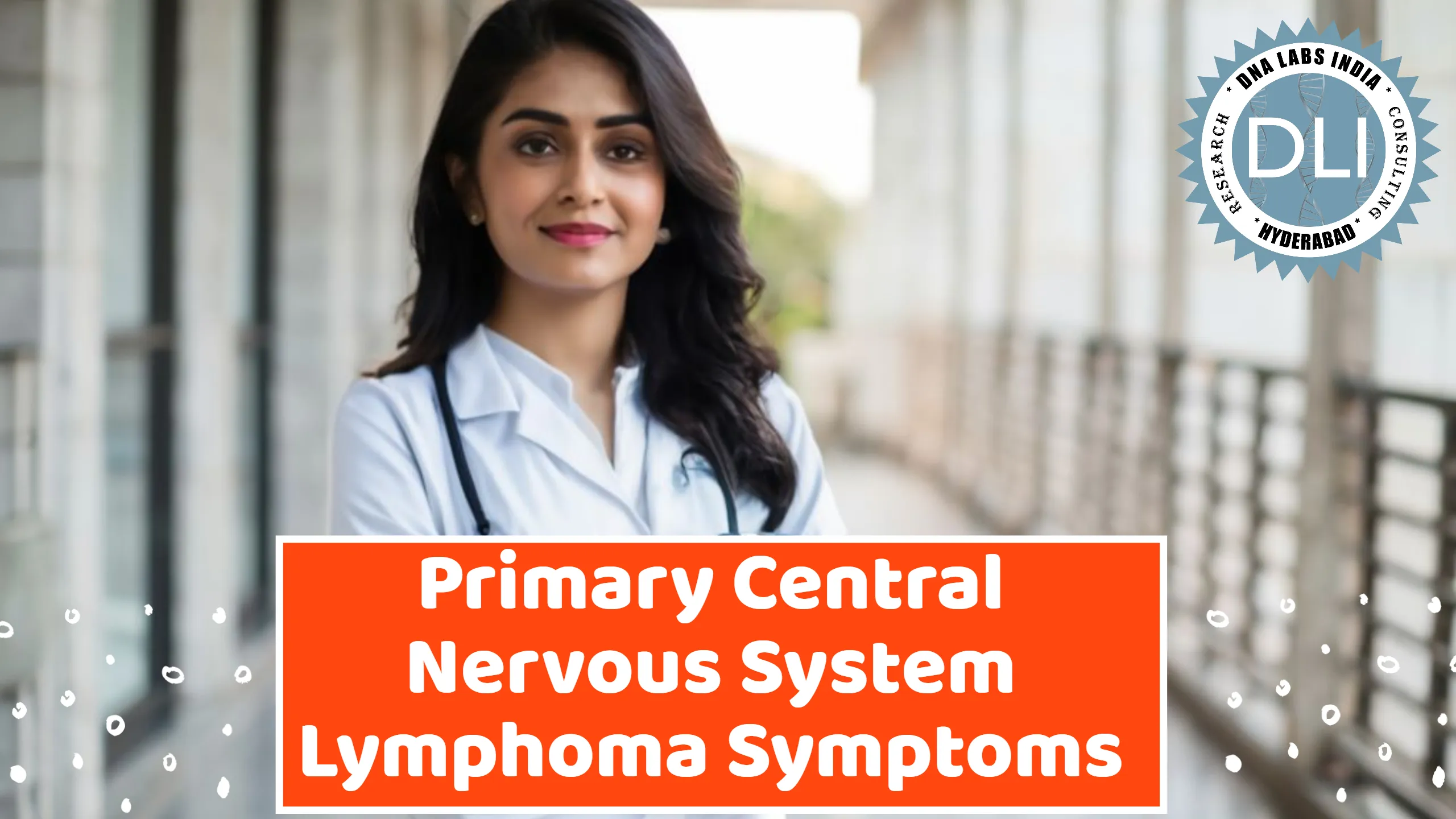Stay Informed: Recognizing Primary CNS Lymphoma Symptoms in India
Primary Central Nervous System Lymphoma (PCNSL) is a rare but serious form of cancer affecting the brain and spinal cord, requiring early detection for effective treatment and a hopeful prognosis in India. This guide is designed to help you identify signs of PCNSL, enhancing your ability to manage your neurological health proactively.
Understanding Your Central Nervous System:
The central nervous system (CNS), comprising your brain and spinal cord, serves as the body’s command center, orchestrating thoughts, movements, sensations, and memories. PCNSL originates from abnormal growths of lymphocytes, a type of immune cell, within the CNS tissues.
The Importance of Early Detection:
Recognizing the early signs of PCNSL is critical as it enhances the effectiveness of treatment options like chemotherapy or radiation therapy and significantly improves health outcomes. Early-stage PCNSL typically responds well to treatment, potentially sustaining a high quality of life.
Symptoms to Monitor:
Be vigilant about the following symptoms, particularly if they persist or worsen over two weeks:
- Headaches: Persistent or severe headaches that differ from any usual headaches you might experience.
- Seizures: Any new episodes of uncontrolled electrical activity in the brain, which may manifest as convulsions, unusual sensations, or lapses in consciousness.
- Vision Changes: Any alteration in vision, including blurriness, double vision, or vision loss, especially if linked to potential optic nerve impact.
- Weakness or Numbness: Feelings of weakness or a lack of sensation, particularly on one side of the body.
- Balance Issues: Difficulties with walking, coordination, or maintaining balance.
- Cognitive Impairments: Experiences of confusion, memory lapses, or concentration problems that are new or worsening.
- Speech Difficulties: Problems with speech, such as slurred speech or trouble finding words.
While these symptoms may not necessarily indicate PCNSL, they warrant immediate attention from medical professionals, particularly if they do not resolve on their own.
Managing Your Neurological Health:
Although you cannot modify some risk factors, such as having a weakened immune system, you can take measures to prioritize your neurological well-being:
- Healthy Lifestyle: Engage in regular physical activity, eat a nutritious diet, and manage stress effectively to support your overall health and potentially minimize the risk of complications.
- Open Communication with Your Doctor: Discuss any immune system concerns with your healthcare provider, particularly if you are at increased risk for PCNSL, to explore specific preventive strategies.
- Routine Medical Exams: Maintain a schedule of regular medical checkups, especially important for those with a predisposition to lymphomas or immune system challenges.
Conclusion:
Knowledge is your most powerful tool in health management. By understanding the potential symptoms of Primary CNS Lymphoma and taking a proactive stance on health checks, you can significantly contribute to the timely detection and effective management of this condition. If you notice any symptoms of concern, prompt consultation with a healthcare provider is crucial. Early detection is fundamental to achieving the best possible treatment outcomes and ensuring a healthier future



